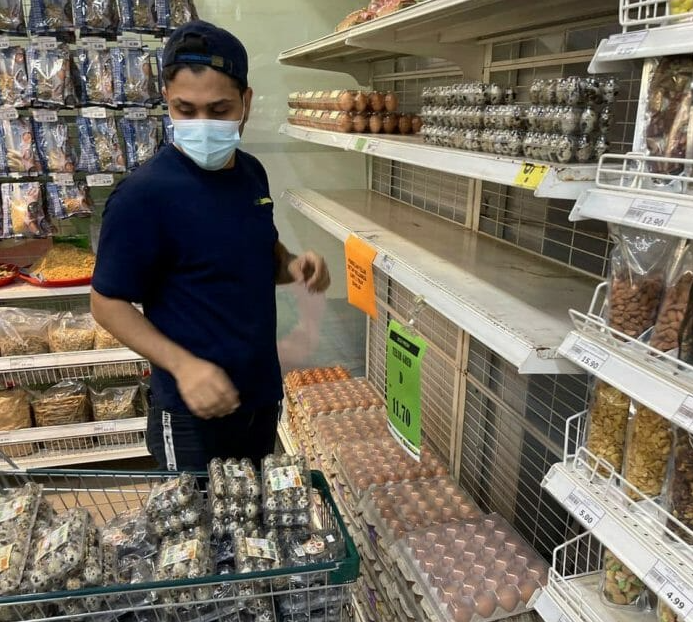Inflationary Pressure Softens, Yet Depreciated MYR Remains A Downside Risk For Food Prices

Malaysia's headline inflation rate registered at +1.9%yoy in Sept-23, the lowest since Mar-21, this was below the market consensus of +2.2%yoy said MIDF in its post review of the inflation report by DOSM.
Non-food inflation rate skidded to +0.9%yoy while the food inflation rate moderated to a 19-month low at +3.9%yoy. The softening inflationary pressure among others was due to high base effects. The core inflation rate maintained at +2.5%yoy yet still above the pre-pandemic average of +1.7%.
The softening inflationary pressure is a positive signal especially for domestic demand to stay on the expansionary path in 2HCY23. However, the recent uptick in global energy prices and further depreciation of the ringgit are among the downside risk factors, especially in pressuring the domestic food inflation rate.
As of 9MCY23, average food inflation registered at +5.5%yoy, equivalent to the previous year’s +5.7%. MIDF estimates food inflation to remain at a range of +5.5~6.0% in 2HCY23 due to an externally challenging environment, especially for global agriculture output. Plus, prolonged depreciated MYR among others will lead to higher imported inflation particularly via food prices as Malaysia is a net importer of most food products. Non-food inflation is expected to average at +1.5% (9MCY23: +1.4%yoy). Considering both CPI components, the house foresees Malaysia's headline inflation rate to average at +3.0% for 2023.
